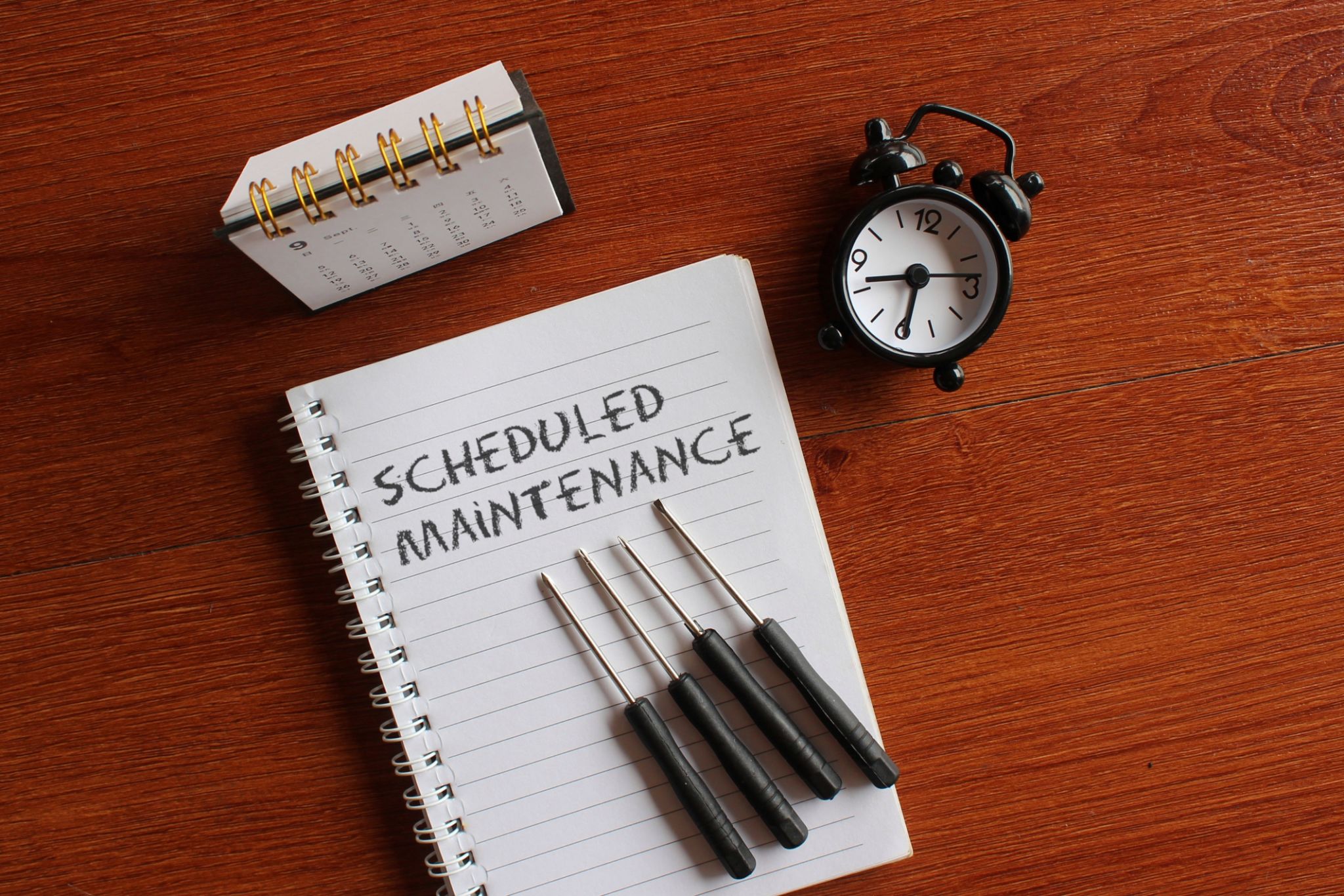Expert Tips on Maintaining Medical Devices During Flu Season
Importance of Proper Maintenance
As flu season approaches, healthcare facilities face increased patient visits and a heightened need for reliable medical devices. Proper maintenance of these devices is crucial to ensure they function optimally during this busy time. Regular maintenance not only extends the lifespan of equipment but also helps in maintaining accuracy and reliability, which is essential for patient care.
Medical devices, ranging from thermometers to more complex machinery like ventilators, require specific care and attention. By adhering to a structured maintenance schedule, healthcare providers can prevent unexpected breakdowns and ensure the safety of both patients and staff.

Developing a Maintenance Schedule
Creating a comprehensive maintenance schedule is a proactive step towards ensuring device functionality. A well-planned schedule should include routine checks, calibration, and cleaning. It's advisable to categorize devices based on their usage frequency and criticality, allowing prioritization in the maintenance routine.
Consider implementing the following steps in developing your maintenance schedule:
- Inventory Assessment: List all devices and their current condition.
- Manufacturer Guidelines: Adhere to the maintenance instructions provided by the device manufacturers.
- Frequency Determination: Establish how often each device should be checked based on usage.

Cleaning and Disinfection Protocols
During flu season, the importance of cleaning and disinfection cannot be overstated. Medical devices are often in contact with multiple patients and staff, making them potential vectors for infection. Implementing stringent cleaning protocols helps reduce the risk of cross-contamination.
Here are some expert tips for cleaning medical devices:
- Use Appropriate Disinfectants: Select disinfectants that are effective against influenza viruses.
- Follow Proper Techniques: Ensure all surfaces are thoroughly cleaned according to recommended practices.
- Regular Training: Provide ongoing training for staff on cleaning procedures.

Monitoring Device Performance
Regular performance checks are vital in spotting potential issues before they escalate into significant problems. Monitoring involves checking the accuracy of device readings and ensuring that all functions are operating correctly. Early detection of malfunctioning components can prevent costly repairs or replacements.
Incorporate these practices into your performance monitoring routine:
- Calibration: Regular calibration is necessary to maintain device accuracy.
- Error Logs: Keep a detailed record of any errors or malfunctions for future reference.
The Role of Training and Support
The effectiveness of maintenance efforts largely depends on the staff's knowledge and skills. Providing continuous training is essential to keep staff updated on the latest maintenance techniques and device handling procedures. Additionally, having a reliable support system in place ensures that technical issues can be addressed promptly.
By fostering a culture of responsibility and awareness among healthcare professionals, facilities can enhance their preparedness for flu season and beyond. Investing in training programs not only improves device handling but also increases overall healthcare efficiency.

